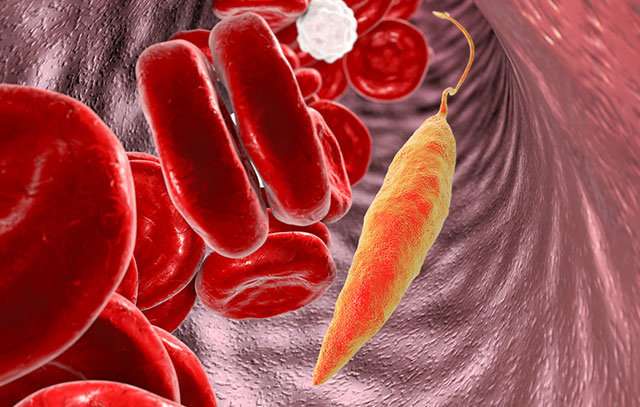New information on a major player in chronic visceral leishmaniasis

In an article in the latest issue of PLOS Pathogens, INRS professor Simona Stäger and her team show how the parasite Leishmania donovani uses a physiological response to low oxygen levels (hypoxia) to establish a chronic infection.
The parasite behind visceral leishmaniasis causes a chronic inflammation that enlarges the spleen and creates a hypoxic microenvironment. To compensate for the lack of oxygen and ensure their survival, cells adapt by inducing the expression of the transcription factor HIF-1α, the master regulator of the cellular response to hypoxia.
Professor Stäger and her team have demonstrated the effect of this key regulator on the function of monocytes and macrophages during viceral leishmaniasis, the most severe form of a tropical disease that affects millions of people around the world. These cells are the main targets of the parasite L. donovani
"Our lab work demonstrates that HIF-1α plays a key role in the establishment of chronic Leishmania infections by reducing the capacity of monocytes and macrophages to kill the parasite. We also found that HIF-1α gives these cells immunosuppressant properties," explains Professor Stäger.
More information: Akil Hammami et al, HIF-1α is a key regulator in potentiating suppressor activity and limiting the microbicidal capacity of MDSC-like cells during visceral leishmaniasis, PLOS Pathogens (2017). DOI: 10.1371/journal.ppat.1006616
















